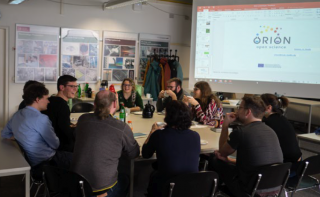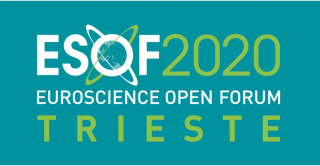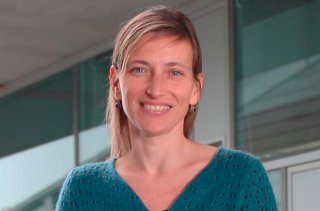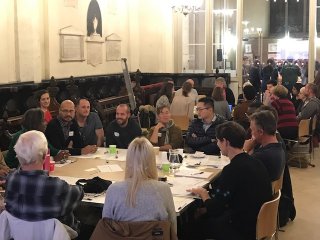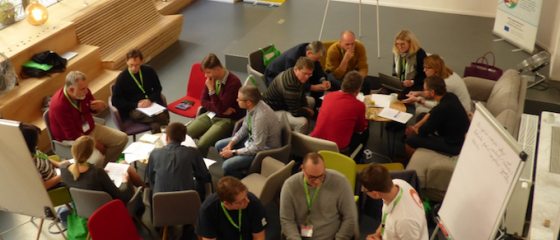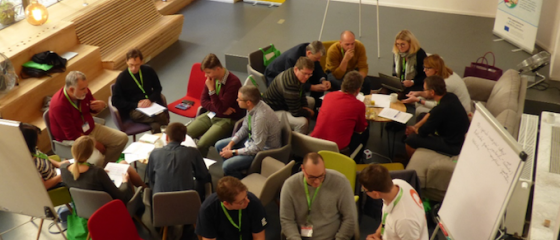The ORION Citizen Science project Genigma and the ORION evaluation of citizen science initiatives will be presented at the Citizen Science SDG online conference on 15 October. The conference is an official event of Germany’s 2020 EU Council presidency and the theme is: Knowledge for Change: A decade of Citizen Science (2020-2030) in support of the SDGs.
open science
Do you enjoy science? Are you a young researcher based in the Czech Republic? Do you know how to write a good scientific article and engage your listeners? Do you want to become a successful scientist and would you like to learn more about Open Science? Join the ORION Open Science summer school in Brno on September 14 - 18, 2020.
Do you like gaming? Are you participating in the European Citizen Science Association, ECSA online conference 6-11 September? Don't miss the opportunity to get a glimpse of the new Genigma game on 9 September. The Genigma Citizen Science project is funded by ORION Open Science.
Join us to discuss Open Science and RRI at ESOF in Trieste. The ORION partners will be involved in three sessions during ESOF 2020 - EuroScience Open Forum on 2-6 September. The theme for ESOF 2020 is: “Freedom for science, science for freedom". Due to Covid-19, this year's ESOF is also open for online participation.
The InSPIRES EU project organized a webinar on “Open science: the dimension of stakeholder engagement ” on Thursday 14 May. Michela Bertero, Head of International and Scientific Affairs at the Centre for Genomic Regulation in Barcelona, EU-LIFE representative in the European Open Science Policy Platform and coordinator of ORION Open Science was the key note speaker and she gave a brief historical background to Open Science, an overview of the current policies, activities and the future steps.
The annual Open Science conference arranged by the Leibniz Research Alliance Open Science, provides a unique forum for stakeholders to discuss the latest and future developments in Open Science. The ORION project will be showcased during the conference on 11-12 March.
What do the public think about genome editing? That’s what we hope to find out through our public dialogue on genome editing which takes place in Stockholm on 8 February. The aim with the public dialogue is to discuss the risks and opportunities of disruptive technologies and identify any concerns the public might have.
What do the public think about genome editing? That’s what we hope to find out through our public dialogues on genome editing which takes place in Stockholm on 23 January and 8 February. The aim with the public dialogues is to discuss the risks and opportunities of disruptive technologies and identify any concerns the public might have.
What do the public think about genome editing? That’s what we hope to find out through our public dialogues on genome editing which takes place in Prague on 30 November. The aim with the public dialogue is to discuss the risks and opportunities of disruptive technologies and identify any concerns the public might have.
What do the public think about genome editing? That’s what we hope to find out through our public dialogues on genome editing which takes place in Prague on 19 and 30 of November. The aim with the public dialogues is to discuss the risks and opportunities of disruptive technologies and identify any concerns the public might have.

